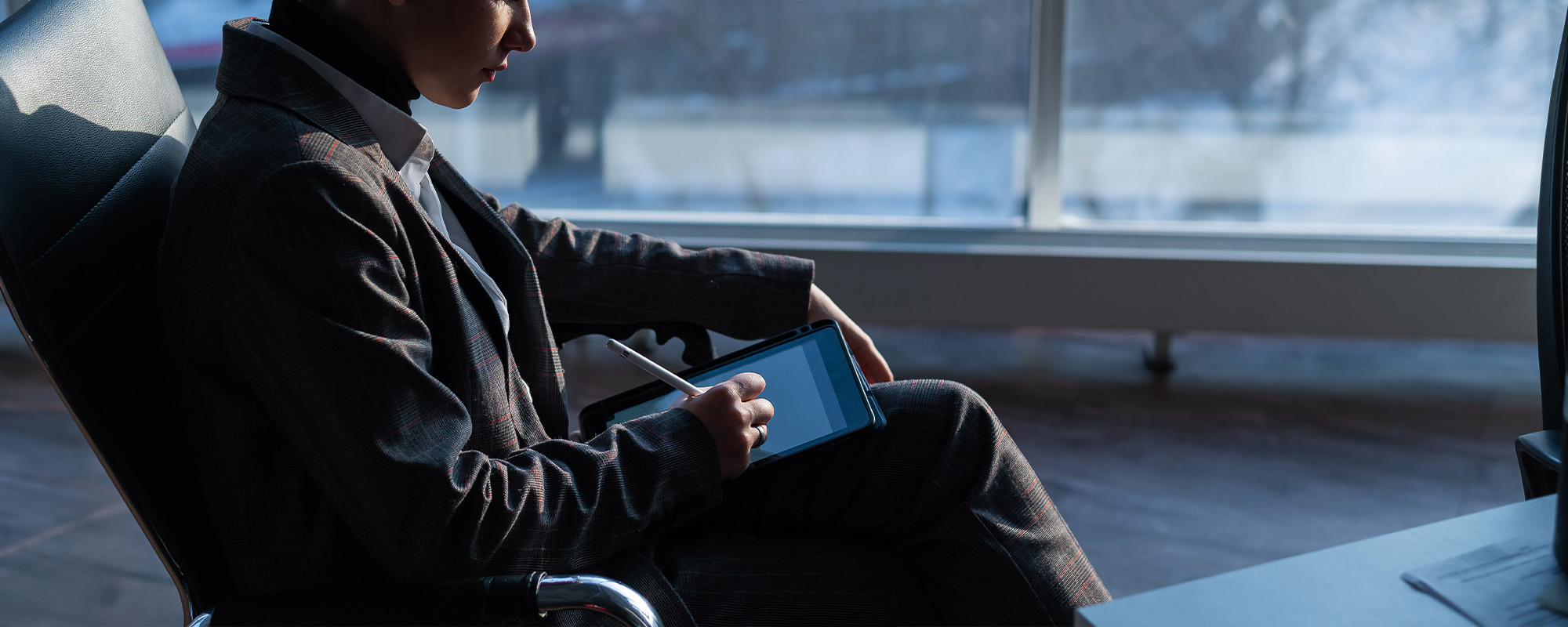If you were involved in a rear-end collision, you need to act fast to defend your rights. These types of car accidents are common, but that doesn’t make them any less damaging, and it certainly doesn’t mean you should not be compensated for your damages. Any type of car accident can cause serious harm, and if you suffer major injuries due to someone else’s negligence or mistake, you have a right to seek justice and compensation from the liable party.
Rear-end collisions can be very damaging, especially if they occur at high speed. If the rear vehicle strikes the vehicle in front of it with enough force, it could cause major injuries to the driver and passengers within the vehicle in front. These injuries can include cervical and lumbar sprains and strains, whiplash, spinal damage, concussions, traumatic brain injuries, broken bones, and serious contusions. Recovering from these injuries can be difficult and painful, and victims may require surgery, physical therapy, costly medications, or psychological treatment to cope with the emotional trauma. Taking legal action after a rear-end accident allows you to hold the negligent driver responsible for the damages they caused.
If you were involved in a rear-end motor vehicle collision, follow these key steps:
1. Call 911 or Report the Incident to the Police: If you or anyone else was seriously injured, call 911 and ask for an ambulance immediately. Seeking medical care should be the very first priority after any accident. Even if there were no injuries, you’ll still want to call the police to report the crash. Their report will document the accident and your injuries. You can still pursue an injury claim without a police report, but call the police after an accident, if at all possible.
2. Gather Evidence: Next, make sure you take photos of the scene of the crash, including images of the damage both vehicles sustained. Be particular and take photos of every vehicle involved, any debris on the ground, damage inside the cars, as well as the license plates of each vehicle. If you sustained injuries, take photos of any evidence of your injuries, such as bleeding, bruises, and damaged clothing. Also photograph road debris, a broken traffic lights, and any other relevant evidence.
3. Obtain Contact for all Drivers Involved and all Witnesses Information: Exchanging information with the other driver is absolutely essential in any car accident. Collect their name, driver’s license number, insurance provider, address, phone number, email, and their vehicle license number. You should also collect contact information from any witnesses.
4. Seek Medical Attention: Once you’ve taken care of these three basic needs, you should see a doctor if you were injured. Some injuries, like whiplash, could go unnoticed for days or even weeks, so even if you feel no pain immediately after an accident, continue to monitor your health closely. And, if you do need medical treatment, it is better to get it sooner, rather than later. Insurance companies routinely argue that delay in seeking treatment is evidence that you were not seriously injured. Finally, be sure to tell each medical provider that you see for the accident that your injuries were caused by the accident. A good medical history is essential to a good recovery.
5. Seek Legal Assistance as Soon as Possible: It is best to call an experienced car accident attorney to discuss your legal options as soon as possible. Many injured people wait before calling an attorney and that may make it more difficult to obtain compensation. At Simeone & Miller, initial consultations are free, so call immediately and an experience attorney can assist you immediately and help ensure that you receive the best medical care and recovery possible. A seasoned attorney can identify all negligent parties, gather evidence to support your case, deal with insurance claims, and seek full compensation on your behalf.
Ready to get started? Contact Simeone & Miller, LLP to speak with our car accident lawyers.
